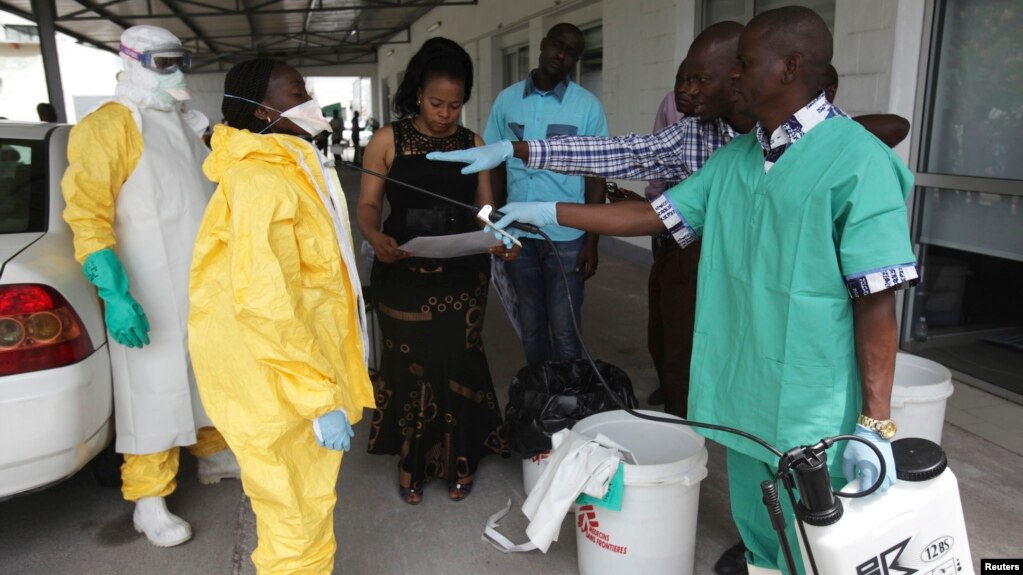- Banned
- #1

We have seen many prophecies by most pastors come to past in Nigeria and we have also seen many that didn’t. A prominent man of God, Pastor Emma Chris Ifeanyi has sent his new prophecies for Nigeria and for the world. The pastor predicted that soon one of the state governors will go mad. He also said that he saw affliction befalling the present Imo state governor Rochas Okorocha.
These are the other prophecies of the cleric:
1. Arthur Eze will die, there will be a bit of Ebola disease in Nigeria.
2. A train in India will have a fault that may lead to disaster.
3. There will be a little progress in Nigeria because of the saints.
4.Nigerian will be deported from Denmark.
5. There will be fire outbreak in Ikoyi Lagos state.
6. A Nigerian senator will be murdered.
7. There will a riot in Benin city.
8. A four-story building will collapse.
9. Pray for Pius Anyim’s health so God will sustain his life.
10. Before the death of Ojo Nmaduekwe God revealed it to him and the congregation prayed about it but he said let the will of God be done. Also when he saw someone getting bunch of dollars freely. After 2 days white men favoured a man with bunch of dollars.
These are just few among many prophecies he gave that manifested.
Following controversial preaching bill another prominent man of God Apostle Suleman foresaw that Governor El-Rufai will die over his plan to amend Kaduna’s “Religious Preaching Laws of 1984.”
Meanwile, some of his predictions didn’t materialize, one of them included the declaration that El-Rufai would lose the 2015 governorship election. Apart from Apostle Suleman, another Nigerian cleric, Dr Chris Okafor has given Governor El-Rufai 14 days to retract his impending religious bill or face the wrath of God.
Source: Popular Nigerian Pastor Prophesies Return Of Ebola, Governor Will Go Mad, See More Shocking Prophecies – Nigeria Breaking News




